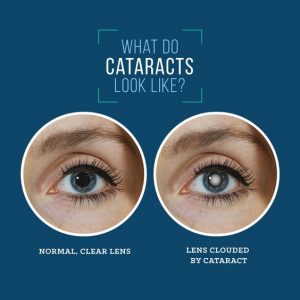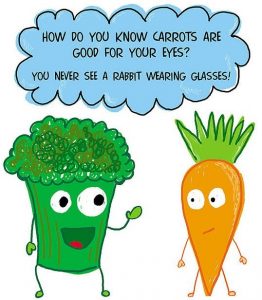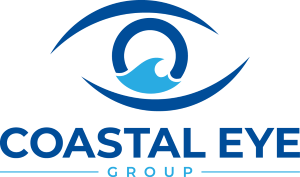Healthy Living for Healthy Eyes
As you may already know, June is National Cataract Awareness Month. The importance of this month is to spread awareness and information about cataracts to the public in the hopes to save many people’s eyesight. Cataracts are extremely common because they are typically a natural result of aging as the proteins in the eye begin to breakdown then result in the clouding of the eye’s natural lens. Age is the most common cause of cataracts, but it is not the only cause. A person’s lifestyle and behaviors can also have an influence on the development of a cataract. Some common lifestyle and behavior factors that can increase one’s chances of developing a cataract are:

- Excessive exposure to the sun’s UV rays
- Smoking (and other toxins)
- High blood pressure
- Diabetes
- Obesity
- Eye infections
- Eye injuries
Many of the above factors are quite common throughout society’s lifestyle habits, and even seem to be increasing. That being said, it is important to take care of yourself. Along with the obvious lifestyle adjustments such as no smoking and wearing UV protective sunglasses, there are some additional healthy habits that are essential for healthy eyes and vision, such as maintaining a healthy diet, exercising, and staying hydrated.
Healthy Diet:
Loading up on foods with certain nutrients like omega-3 fatty acids, lutein, zinc, and vitamins C and E can help maintain eye health and vision. Some foods that contain these essential nutrients are leafy green vegetables, carrots, salmon and other oily fish, eggs, nuts, oranges, and pork. The nutrients found in these foods can also help prevent other age-related problems such as macular degeneration. Along with a healthy and balanced diet supporting eye and vision health, it also helps maintain a healthy weight. Maintaining a healthy weight prevents obesity, which also results in a lower risk of high blood pressure as well as developing diabetes – all of which can significantly affect your eyesight.

Exercise:
Staying active can also benefit your eye health. Simply going for a walk every day can significantly lower one’s risk of developing a cataract, as well as macular degeneration and glaucoma. Bicycling is another great way to stay active and healthy, with many great benefits. Bicycling increases cardiovascular fitness, decreases body fat levels, strengthens the immune system, and helps to prevent/manage many health conditions, all of which benefit eye and vision health.
Hydration:
Staying hydrated is another lifestyle habit that can help maintain eye health and vision. If the body is not hydrated, its instinct is to conserve water in any way it can, which includes altering the eyes. The body will adjust to its lack of hydration by reducing the number of tears it produces, resulting in the annoying symptoms of dry eye or eye strain. That being said, make sure to drink at least
the recommended 64 ounces of water each day, with an increase in intake during warmer weather or intense exercise.
There are also a couple habits to avoid in order to maintain healthy eyes and vision. The first habit to avoid is rubbing your eyes. This action can break blood vessels under the eyelid, which will cause the eye to be bloodshot or cause dark circles on the skin under the eyes. Another habit ton avoid is overusing eye drops. Eye drops can temporarily soothe eye irritations, but over time the overuse of eye drops can become the irritant itself.

Following the healthy habits and avoid the unhealthy ones can all help protect the health of one’s eyes and vision. However, all recommendations can be followed yet cataracts could still develop since they are a natural result of aging. It is estimated that by age 75, over 70% of people have a cataract or have already had cataract surgery, simply because the disease is that common due to being age-related. That being said, it is still necessary to have routine comprehensive eye exams to monitor eye and vision health, especially for those over the age of 55.
Have any questions about the lifestyle and behavior habits that could be affecting your eye and vision health? Or have questions about cataracts in general? Make an appointment with a Coastal Eye Group doctor at one of our 5 locations for a comprehensive eye exam and conversation that can answer all questions.

